What to Wear in Winter as a Vegan
During the colder months, many people turn to animal-derived materials like down feather, wool, cashmere, fur, and leather. To protect animals, as well the people and the planet, it’s best to avoid animal-derived materials. So how can we keep warm in winter while dressing vegan?

* A faux fur jacket made from recycled synthetics, from PETA certified brand Jakke
Avoiding fur – it’s not as simple as it first seems
While most people no longer wear floor-length mink coats or fox fur shawls, to assume fur no longer slips into people’s wardrobes – even without our noticing – is unfortunately inaccurate.
Fur-trimmed, hooded coats, fur-wool blended knitwear, and fluffy bobbles on the tops of beanies are just some examples of how fur can come into our wardrobes, sometimes, without our awareness.
Often, especially in the case of blended knitwear, it’s all about checking the material composition label – sometimes surprising things are found there! For example, possum and rabbit fur is increasingly being seen blended into knitted beanies, gloves and accessories.
While it’s important to check that you’re wearing faux fur rather than animal fur, unfortunately, looking at a label isn’t always enough. Investigations have found products labelled as ‘faux fur’ to in fact be real animal fur, with mislabelled products even being made of domestic cat fur.
If you want to wear faux fur, make sure you know how to check what faux really looks like, and always choose to support mission driven, certified vegan brands which have a transparent supply chain and offer plenty of information about the materials they’re using.

Wool-free winter wears
Many people assume that because wool can be shorn from sheep without slaughtering them, that wool garments can be cruelty-free. Unfortunately, this is far from the truth.
The wool industry is in fact a slaughter industry. Many lambs are shorn before they are slaughtered in the meat industry, and others are kept for wool-growing until they are killed, due to a natural decline in the ‘quality’ of their wool. Too, lambs are often painfully mulesed, and even in certified ‘non-mulesed wool’ farms, lambs regularly have their tails cut off without pain relief.
As with sheep’s wool, cashmere and alpaca wool all come from slaughter industries.
If you’re looking to protect sheep, alpacas and goats – and the planet, as wool production releases significant greenhouse gas emissions and impacts biodiversity – opt for total ethics alternatives like hemp, sustainability sourced and recycled cotton, Tencel, bamboo lyocell and other recycled materials. Tencel is a particularly great material, with the same thermo-regulating and moisture wicking qualities as wool – without the cruelty, and derived from wood.
Sheep-friendly slippers and snuggles
The Ugg boot, shearling slippers, jackets and other sheep skin products are considered a staple for many during winter. Of course, sheep are killed for these products – did you know that ‘shearling’ actually means ‘sheep yearling’, otherwise known as a sheep who is about a year old, who has only been shorn after being skinned.
There’s no need to harm young sheep when there are kinder alternatives available, like Zette’s ethically made faux sheep skin boots.
Fluffy and puffy jackets without the feathers
Down feather coats and jackets sometimes come from ducks and geese who have been plucked alive. The rest of the time, feathers are plucked from birds who have been slaughtered – not the ‘ethical’ or ‘responsible’ alternative we’re promised by many brands.
Ducks and geese exist in their own right, not simply to be turned into coat and jacket filling. The best way to protect these animals through our wardrobe choices is to avoid all down feathers, and check labels to ensure that. Warm alternatives to down exist, including even more sustainable options.

The perfect boots for daily winter wear
Of course, no winter look is complete without the perfect pair of boots. With cow skin leather remaining perhaps the most common material for boots to be made of, this often means cruelty in fashion.
Cows are sensitive, playful and inquisitive creatures with unique personalities, thoughts and feelings. Leather is not a worthless ‘by-product’, but a profitable ‘co-product’ of the meat and dairy industries.
When it comes to leather alternatives, there are more sustainable options available each season, as innovation continues to develop. From materials made partly from bio-based waste like apple skins and pineapple plant leaves, to recycled materials, and lower-impact synthetics which are more accessible, there’s plenty to choose from!

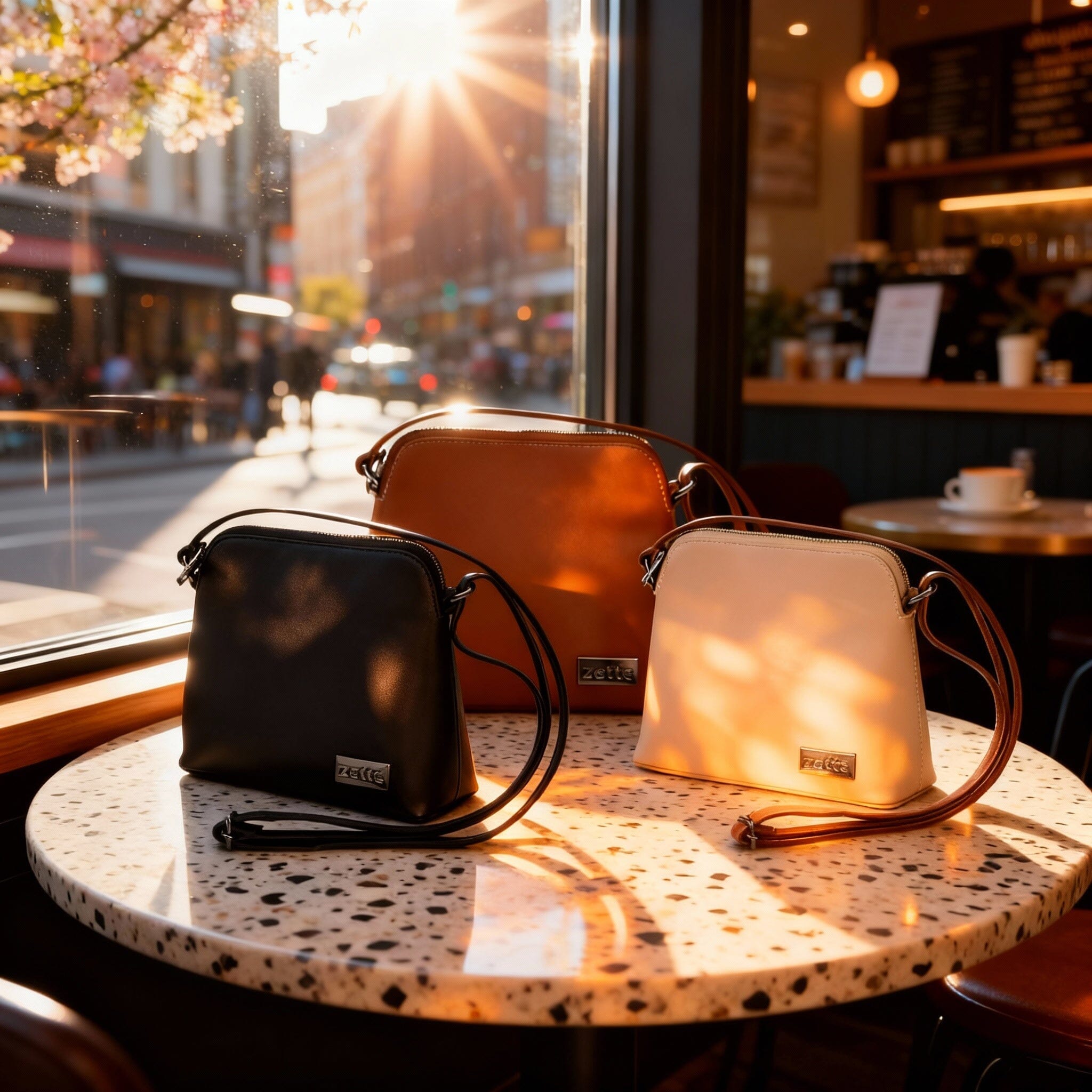
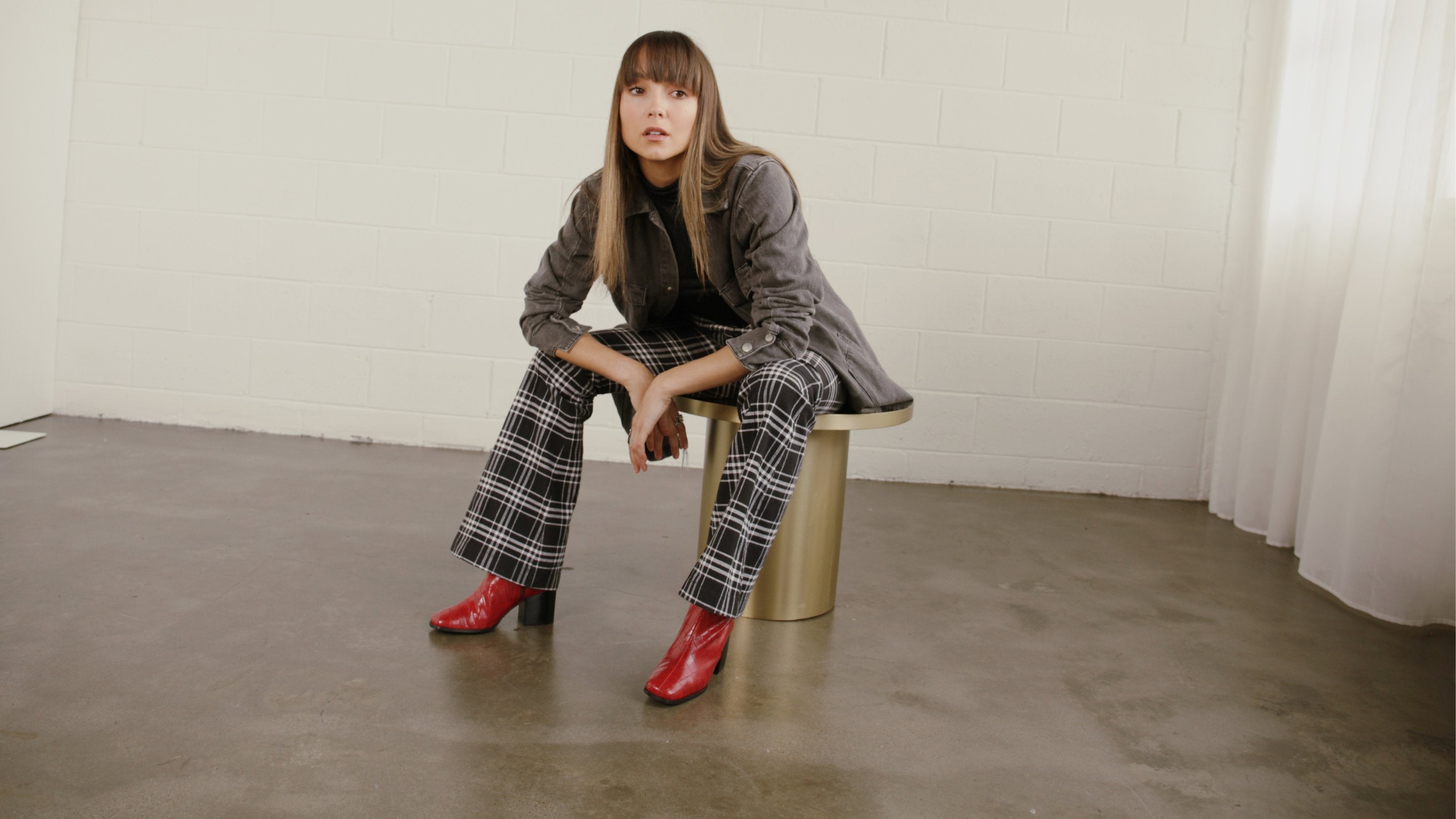

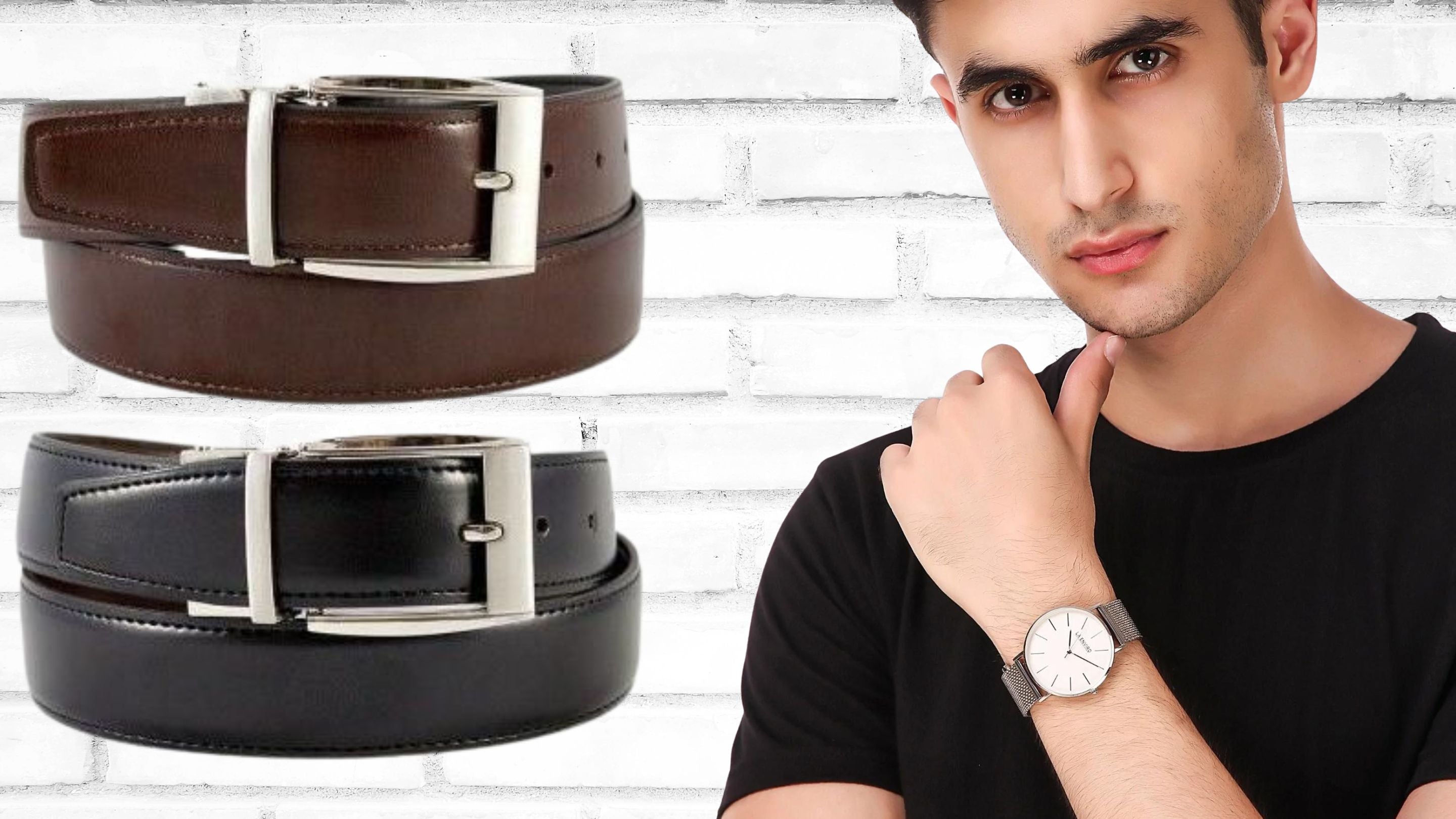
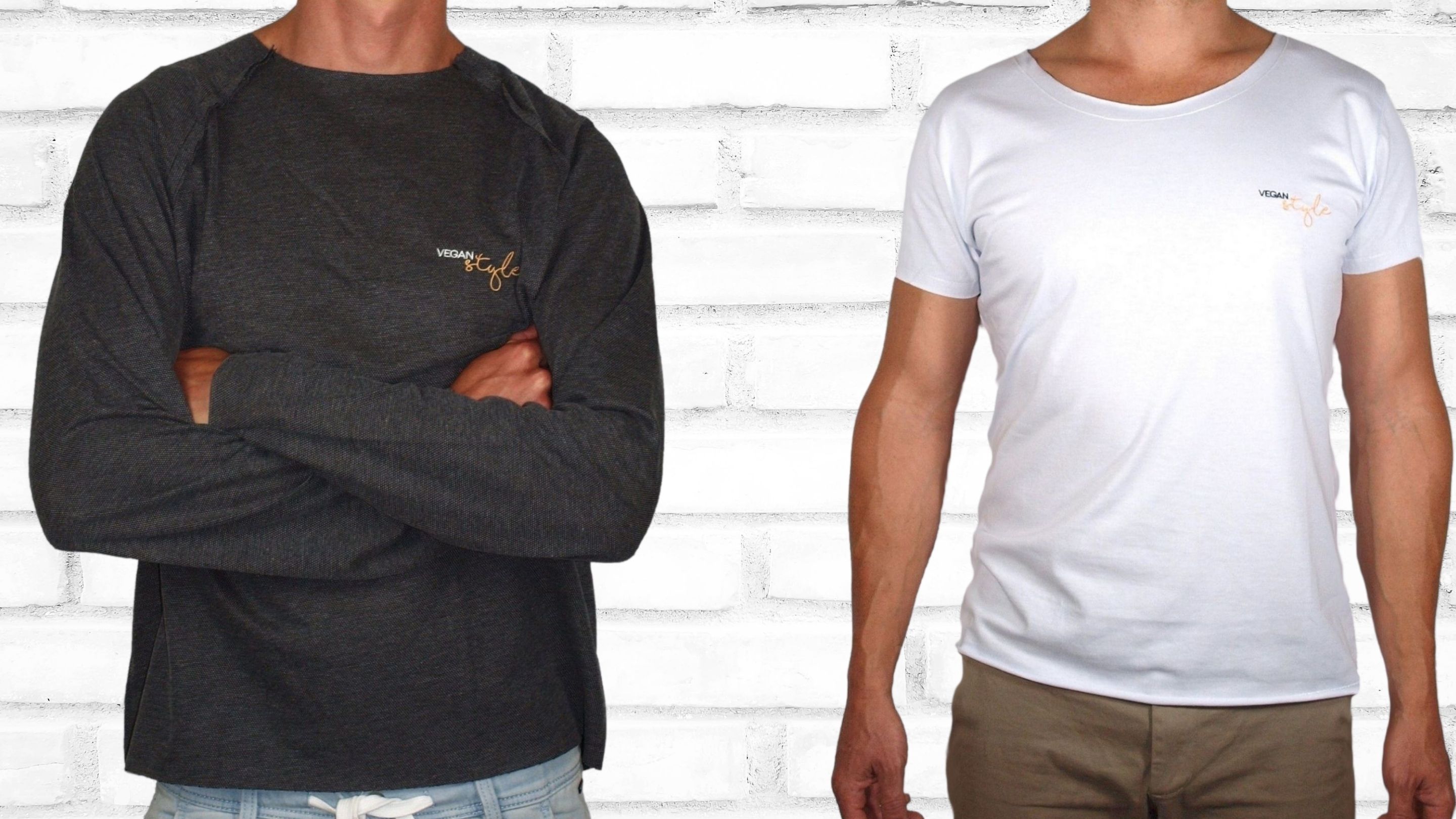

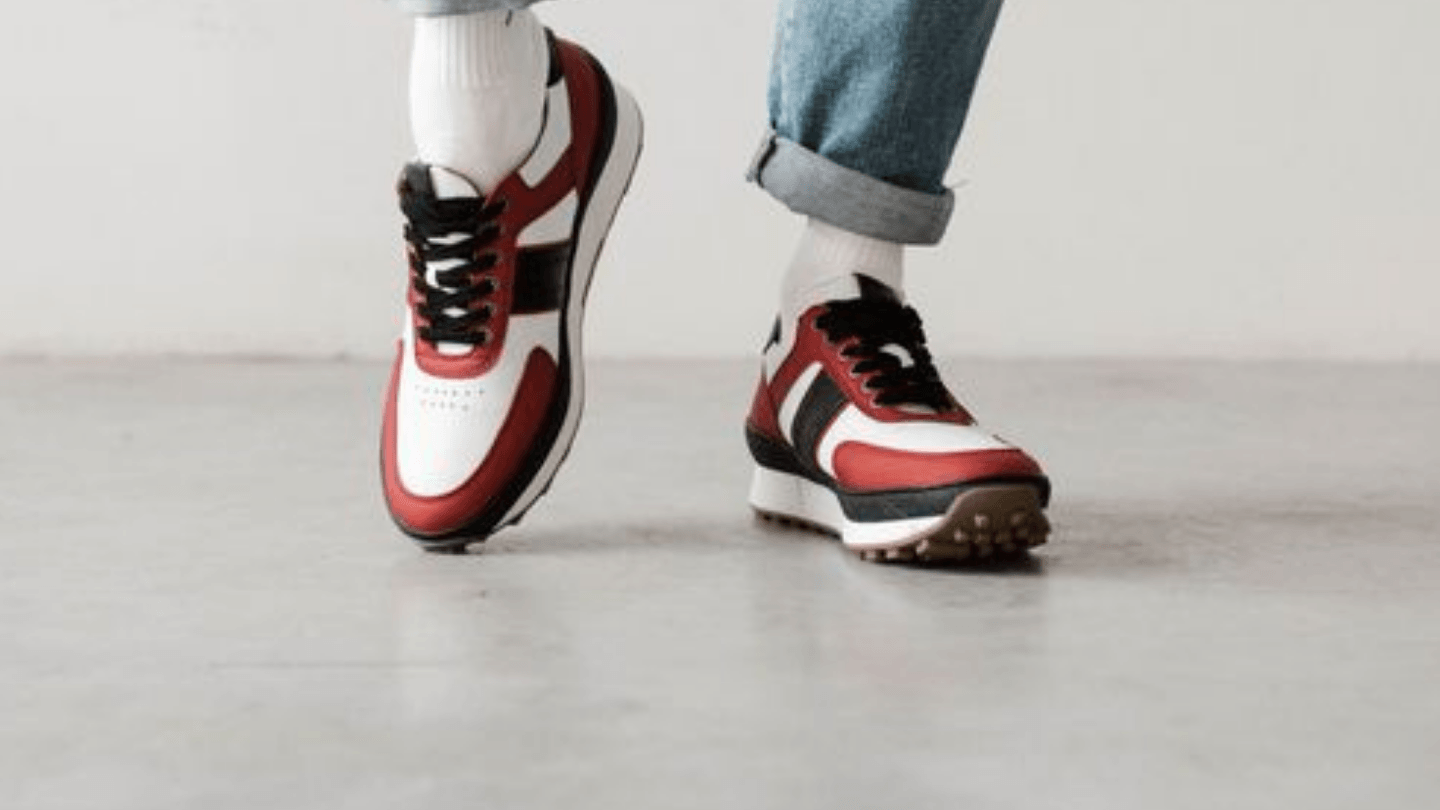
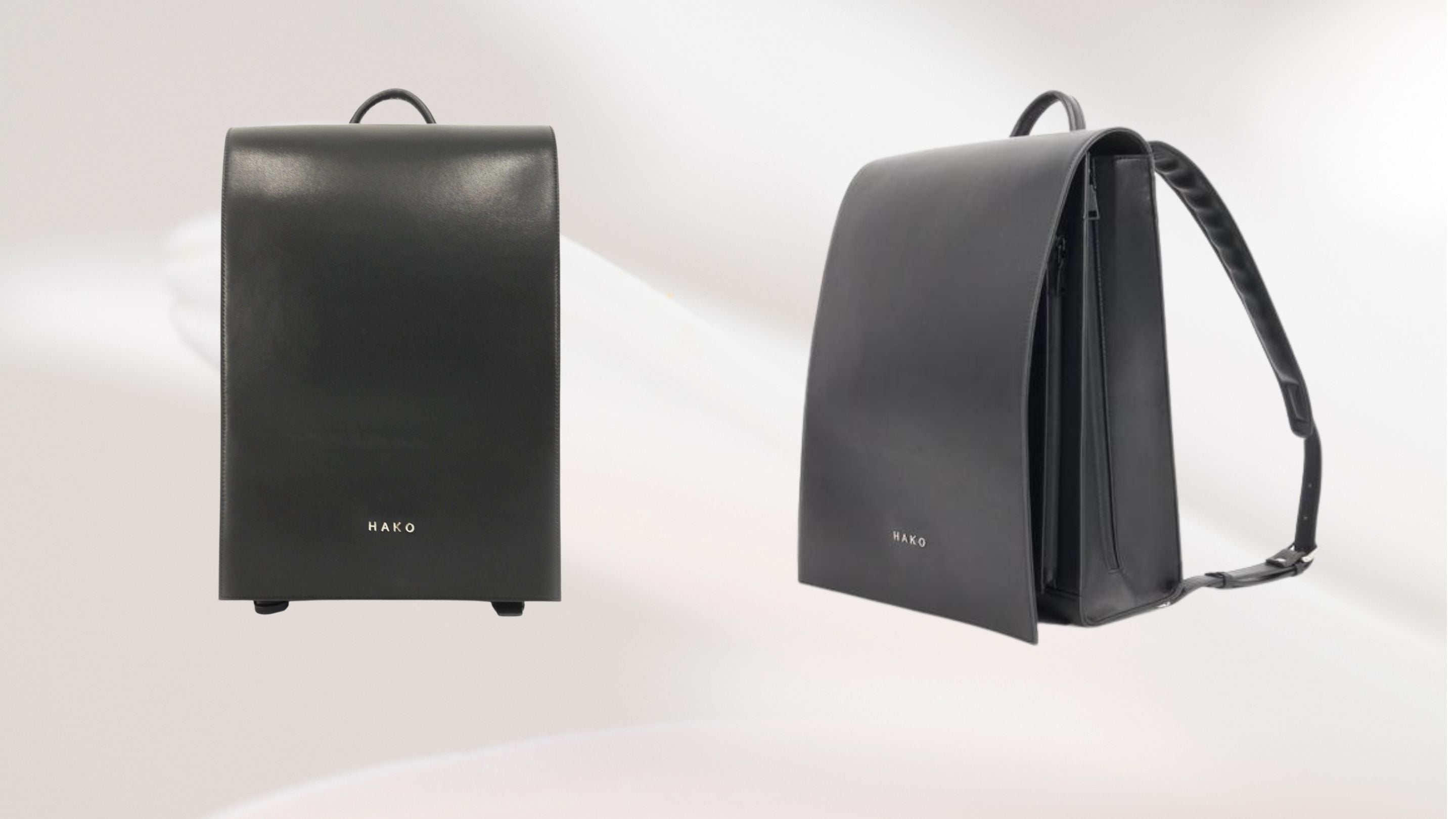
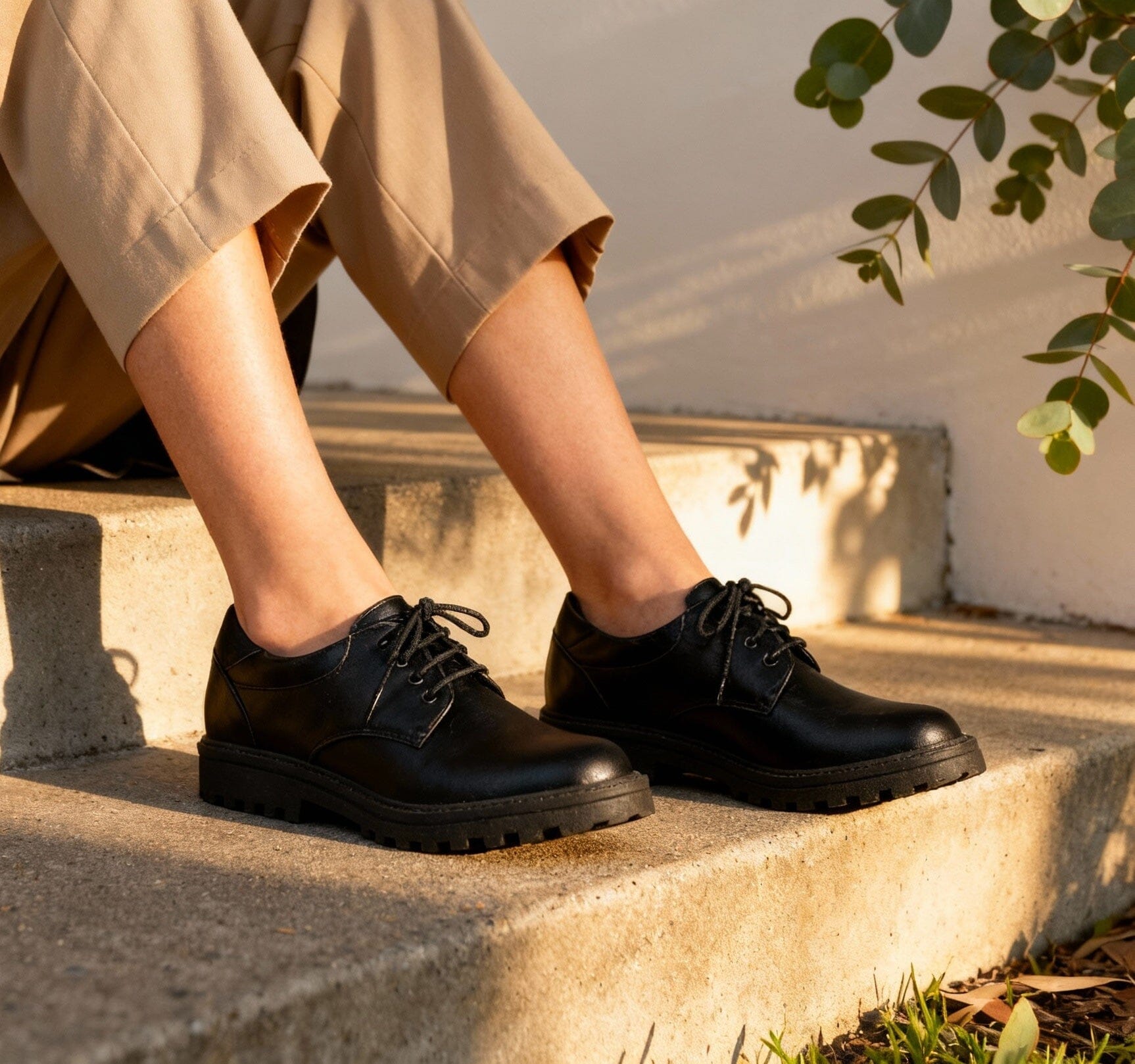






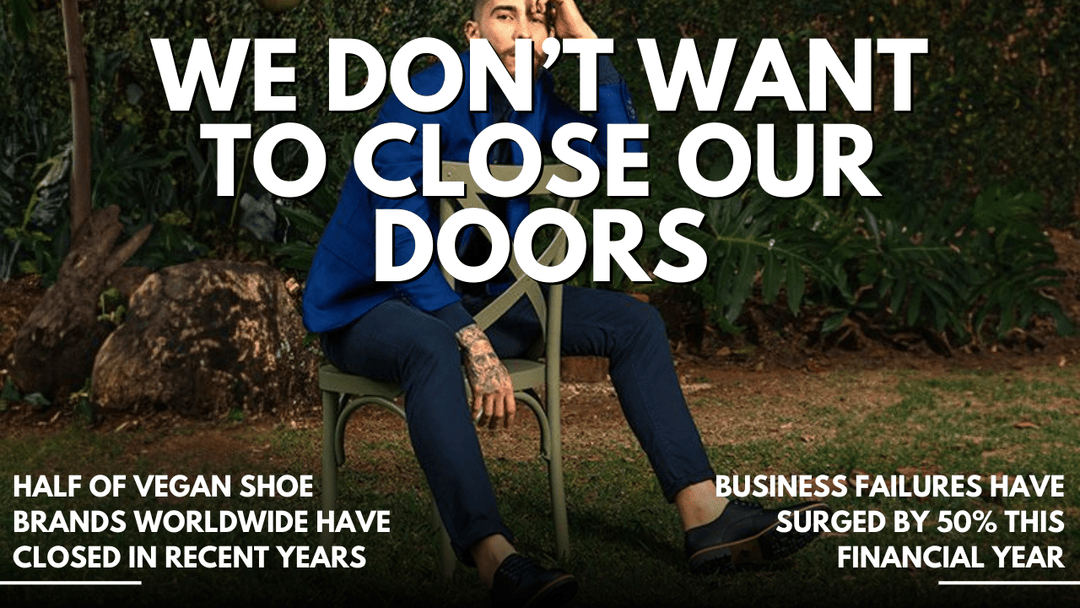

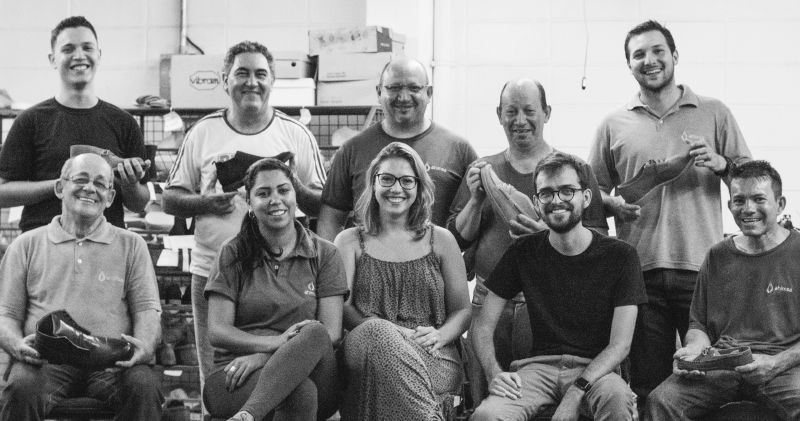

Leave a comment